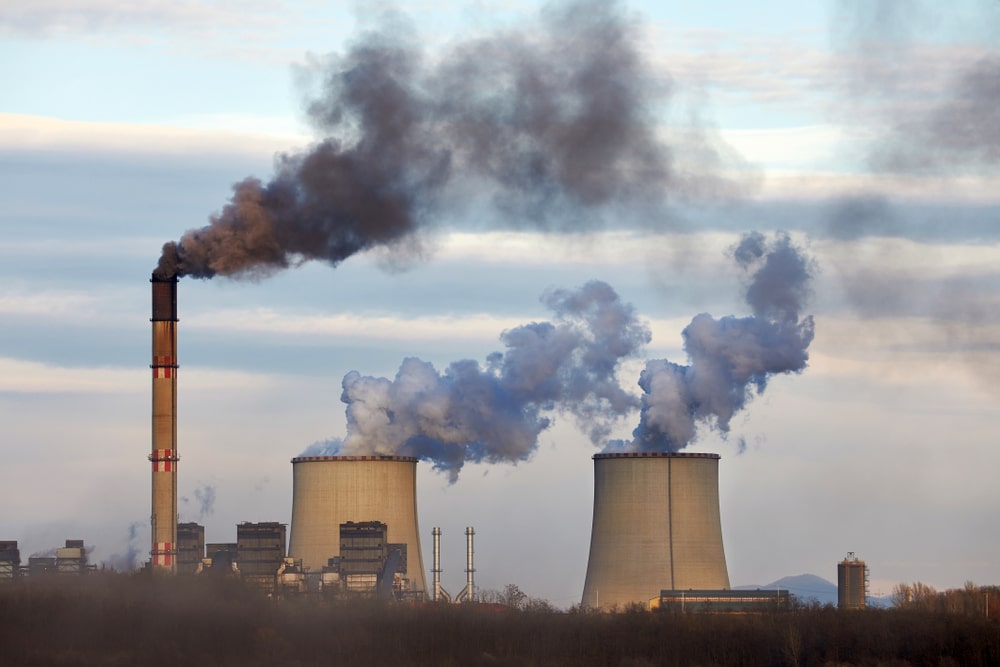
In 1973, the Mississippi River flooded creating over $250 million in damages, as cities and properties along the river were damaged by the flood.
In the aftermath of the flood, Munich Re published a report, which highlighted the need for a study of global warming. The report, as quoted in the publication, Corporate Knights, stated that global warming had caused “glaciers and the polar caps [to] recede…. and ocean temperatures [to] rise.”
Flash-forward to 2023, and Munich Re along with many leading insurers is leading the way on the industry’s response to global warming.
In October 2022, Munich announced that all new oil and gas projects will no longer be insured, with the action to take effect in April 2023. Swiss Re also followed suit last year, announcing that it will no longer provide reinsurance for or will be investing in new oil and gas fields, starting in 2023.
Allianz has made similar moves, announcing an exclusion of coverage of most new oil and gas projects.
These moves already follow industry wide action against coal projects, with analysis by Corporate Knights showing that 62% of the reinsurance market and 39% of the primary insurance market have either completely or partially sworn off coverage for new coal projects.
Looming Climate Risks
Analysts regard these moves as preemptive measures taken by insurers against what they see as looming climate risks on the horizon.
“It’s the result of rapidly increasing underwriting losses to climate-driven events that insurers and reinsurers are seeing worldwide”, said Craig Stewart, VP of Climate Change and Federal Issues at Insurance Bureau of Canada (IBC), speaking to Corporate Knights.
Similarly, insurers are concerned about mounting climate lawsuits that are being brought against fossil fuels companies by local government and activists, leaving insurers potentially footing the bill for any Directors and Officers Liability (D&O) insurance, on the grounds of perceived negligence by the senior executives of those companies.
In the USA, there have been two cases of this. AIG’s National Union Fire Insurance was sued $880,000 by Aloha Petroleum, following AIG’s refusal to cover the legal costs of a case that Aloha had against municipalities in Hawaii.
It is not just lawsuits that are concerning insurers but also the frequency and severity of natural disaster events that have forced insurers to pay some heavy bills in recent years.
The cost of damage from severe weather events in the US last year is expected to top $100 billion, down from $150 billion in 2021. Globally, the cost from natural disasters events was $355 billion in 2021.
Consequently, because of this, many insurers are simply raising their rates or denying coverage in areas, they deem a potential climate risk. This worries many experts as this signals a concentration rather than a spreading of risk among only clients that can afford the higher premium rates. Those who cannot afford the higher rates, many simply choose to forgo insurance or look at areas such as risk transfer.

Related Articles
Energy
Energy
Energy